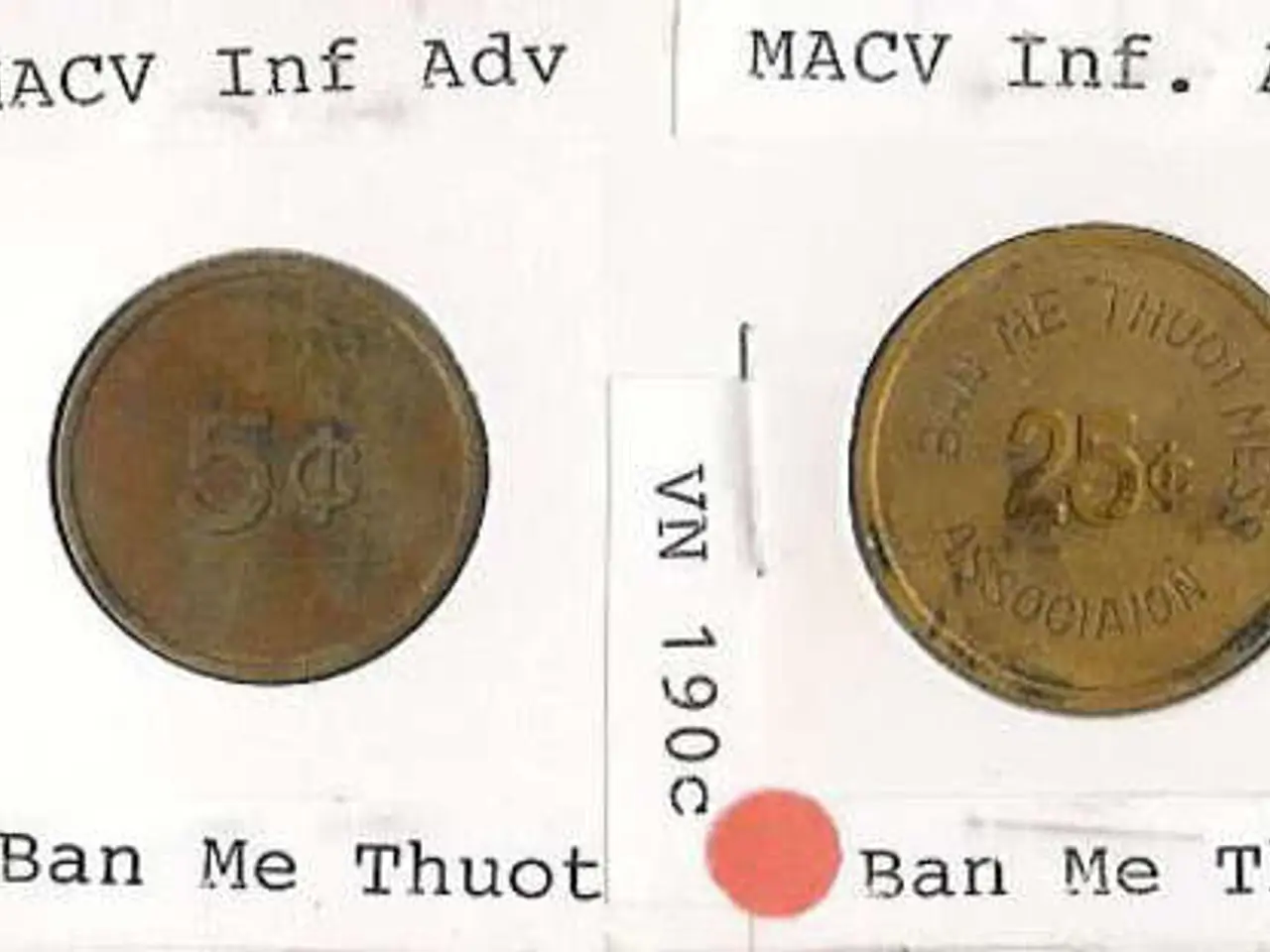Determining Fair Labor Standards Act (FLSA) Regulations for Travel Time Compensation
In a much-needed wake-up call for employers, the Seventh Circuit Court of Appeals' decision in Walters v. Professional Labor Group sets clear boundaries for employee travel time compensation under the Fair Labor Standards Act (FLSA).
The crux of the controversy in Walters centered around employees who traveled to remote job sites for overnight stays—should they be compensated for travel time during their regular working hours? You bet your sweet bippy they should, the court ruled, shining a spotlight on a complex and often misconstrued aspect of the FLSA.
Let's break it down: Professional Labor Group, an Indiana-based staffing firm, employed skilled tradespeople such as electricians and millwrights, and these employees frequently traveled to distant job sites for extended periods. While PLG provided per diems and mileage reimbursements, they didn't pay their workers for the time spent traveling during their regular work hours. James Walters, a former employee, argued that travel during working hours was compensable, and the court agreed.
The Seventh Circuit Court of Appeals affirmed the decision, offering insightful guidance on the applicability of FLSA regulations. Here's what you need to know:
- Overnight travel vs. ordinary commuting: If you're spending the night away from home because of work, travel during normal work hours can be considered compensable time. Contrast this with ordinary commuting between home and work, which is not typically subject to compensation.
- Normal working hours define compensability: When your schedule is all over the place due to clients and projects, it doesn't mean you don't have regular work hours. The court stated that patterns in time records—even if they're inconsistent—can still establish regular work hours.
- Substituting travel for other duties: If you think traveling for work isn't compensable because you're not swapping travel for other duties, think again. The court held that the "substitution" language in FLSA regulations doesn't necessarily mean substitution has to happen; it's more about the concept, not the strict prerequisite.
Long story short, if your employer requires you to travel away from home overnight during your regular working hours, and that travel cuts across your usual workday, consider it compensable work time.
For employers relying heavily on travel, this case underscores the need to track employee hours and understand the intricacies of FLSA regulations. For employees, know that travel during normal work hours to overnight assignments is compensable—so if you suspect your employer isn't paying you fairly, you may have a case under the FLSA.
Bottom line: The Seventh Circuit's decision in Walters v. Professional Labor Group reinforces the essential principle of the FLSA—employers must compensate employees for all hours worked, including certain types of travel, ensuring fairness in our labor laws. If you have questions about the compensability of travel time, chatting with an experienced attorney can help shed light on your obligations and rights under the FLSA.
In the realm of business, travel during regular working hours for overnight stays, as determined in the Walters v. Professional Labor Group case, should be compensated by employers under the Fair Labor Standards Act (FLSA). For employers with a significant focus on travel, this case highlights the importance of understanding the intricacies of FLSA regulations to ensure fair compensation for employees.




